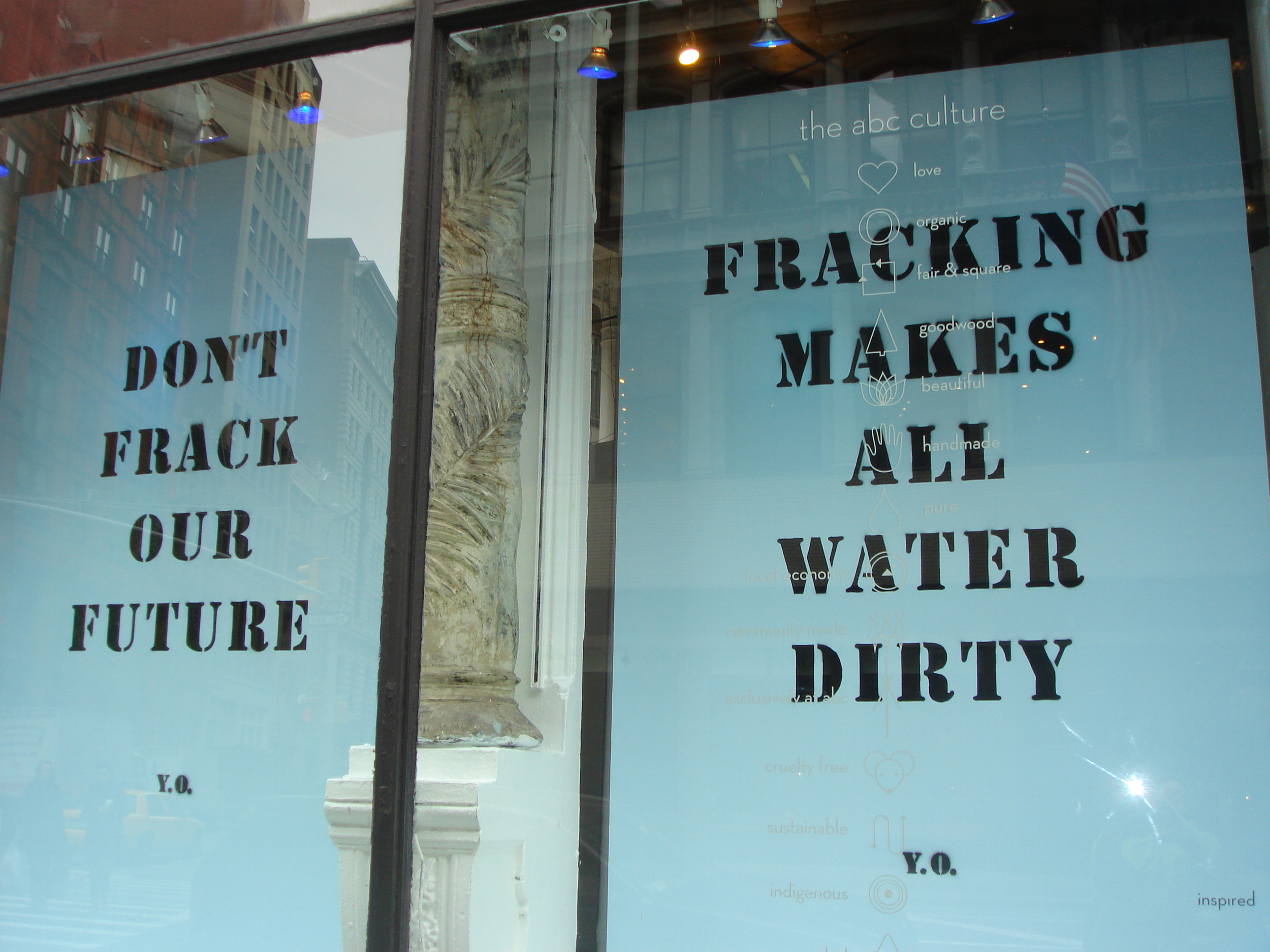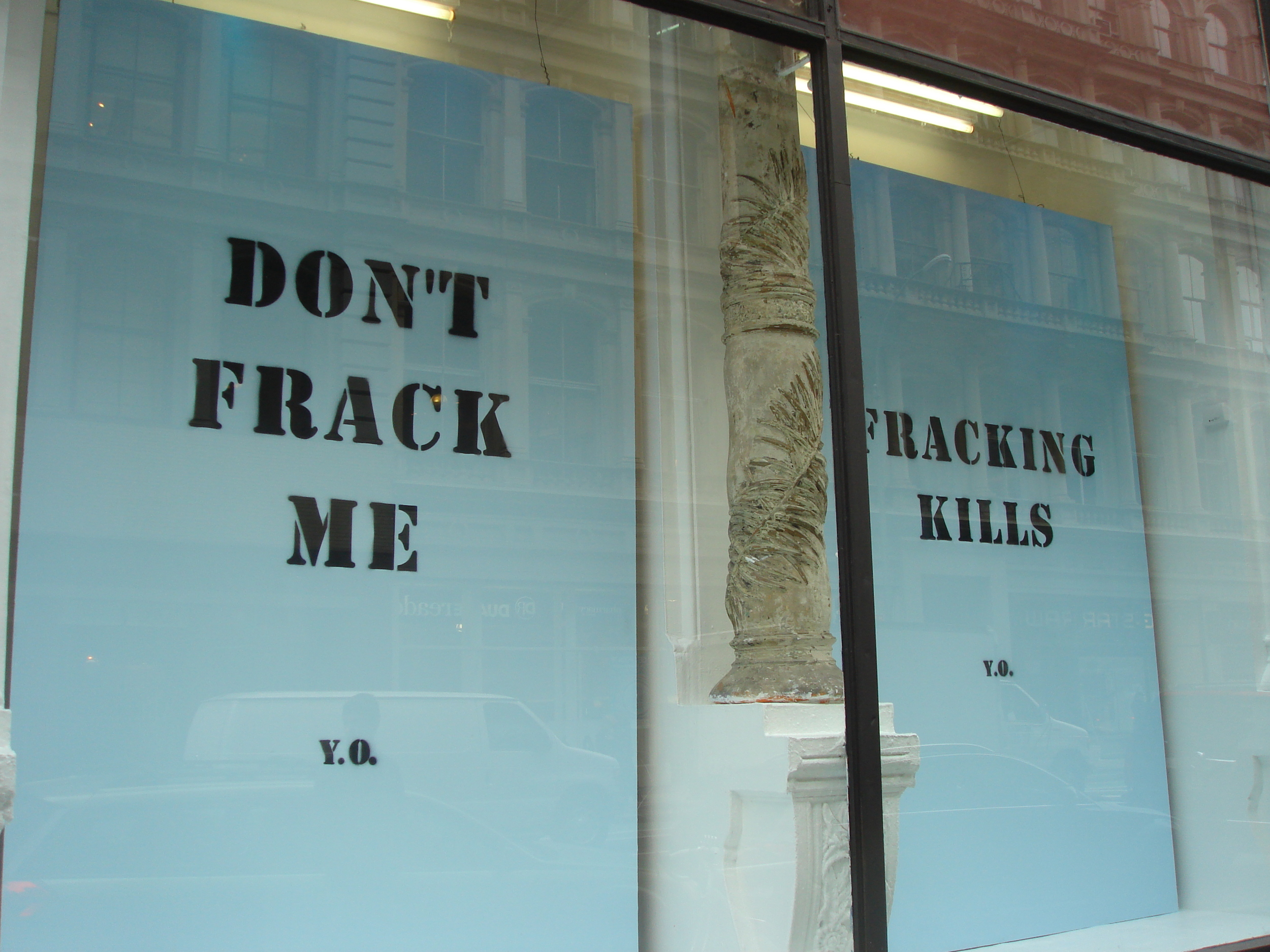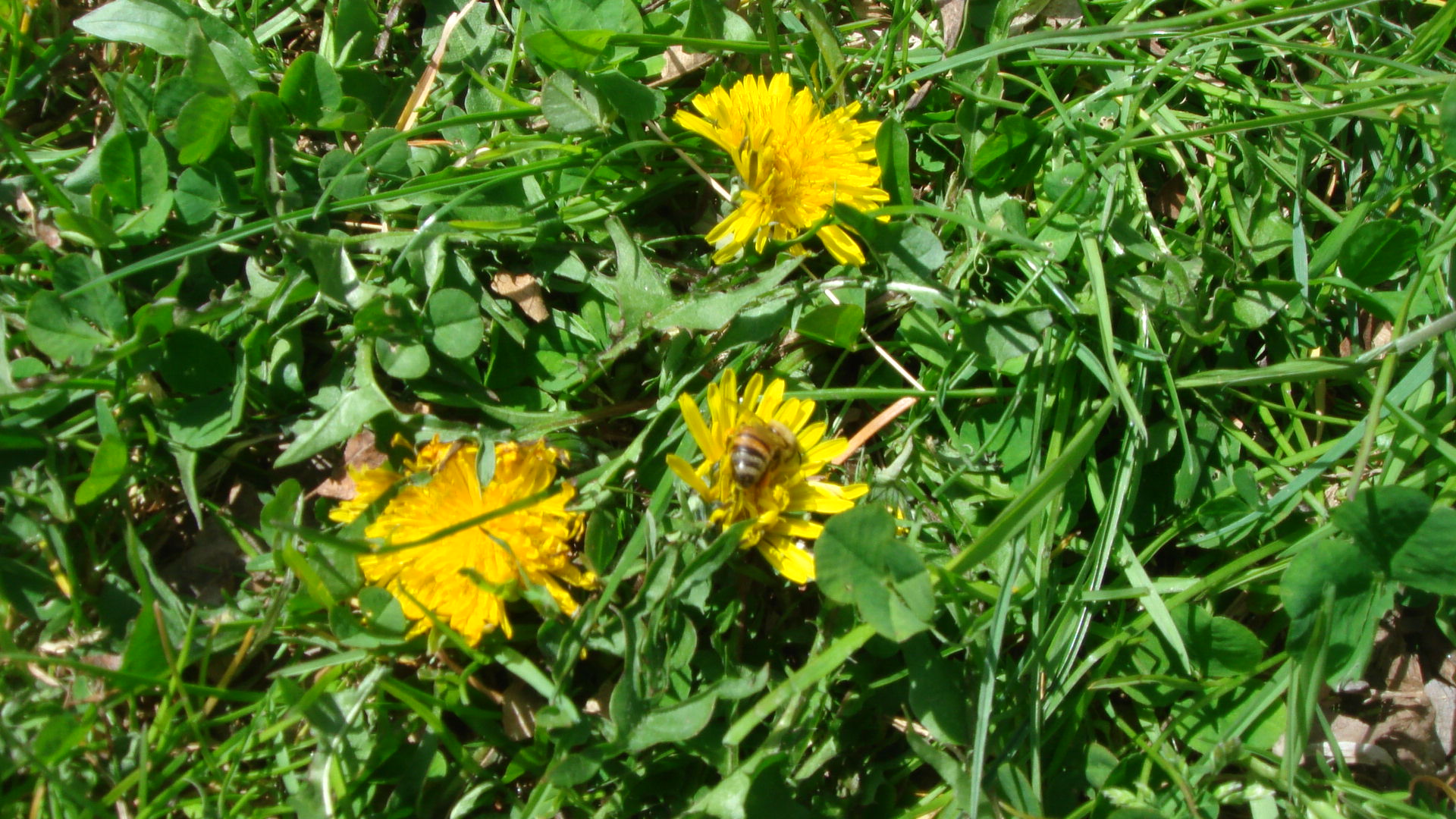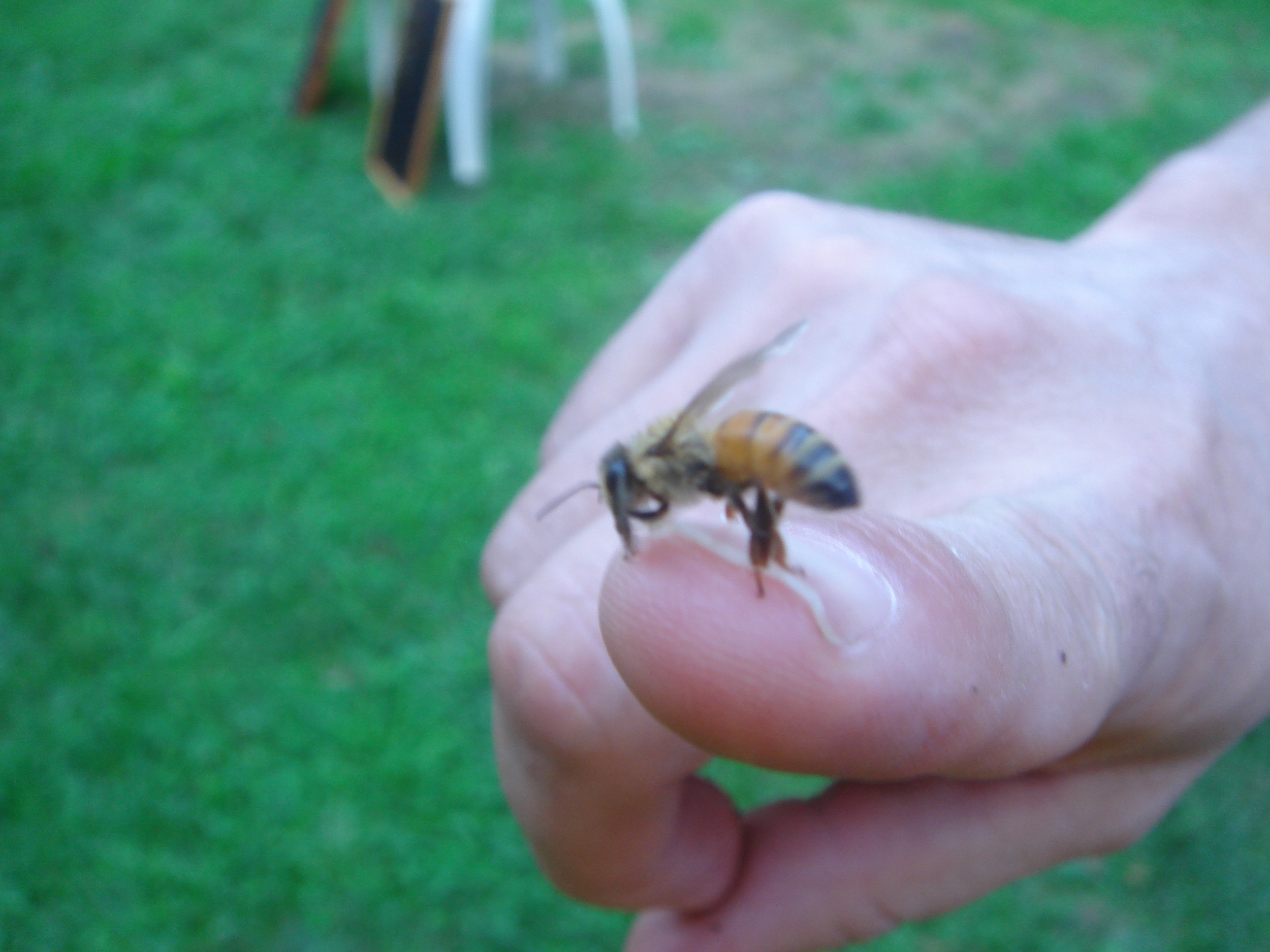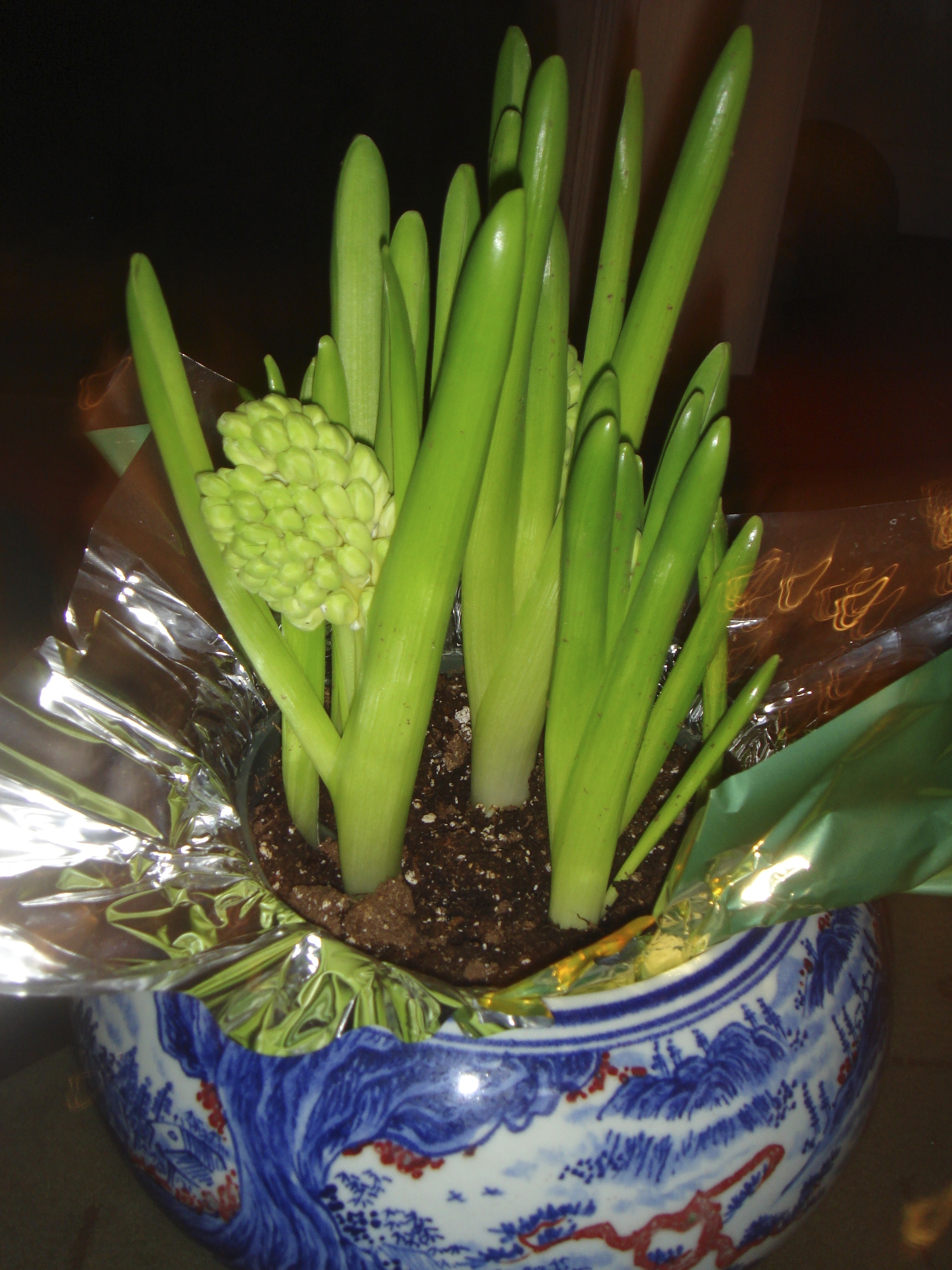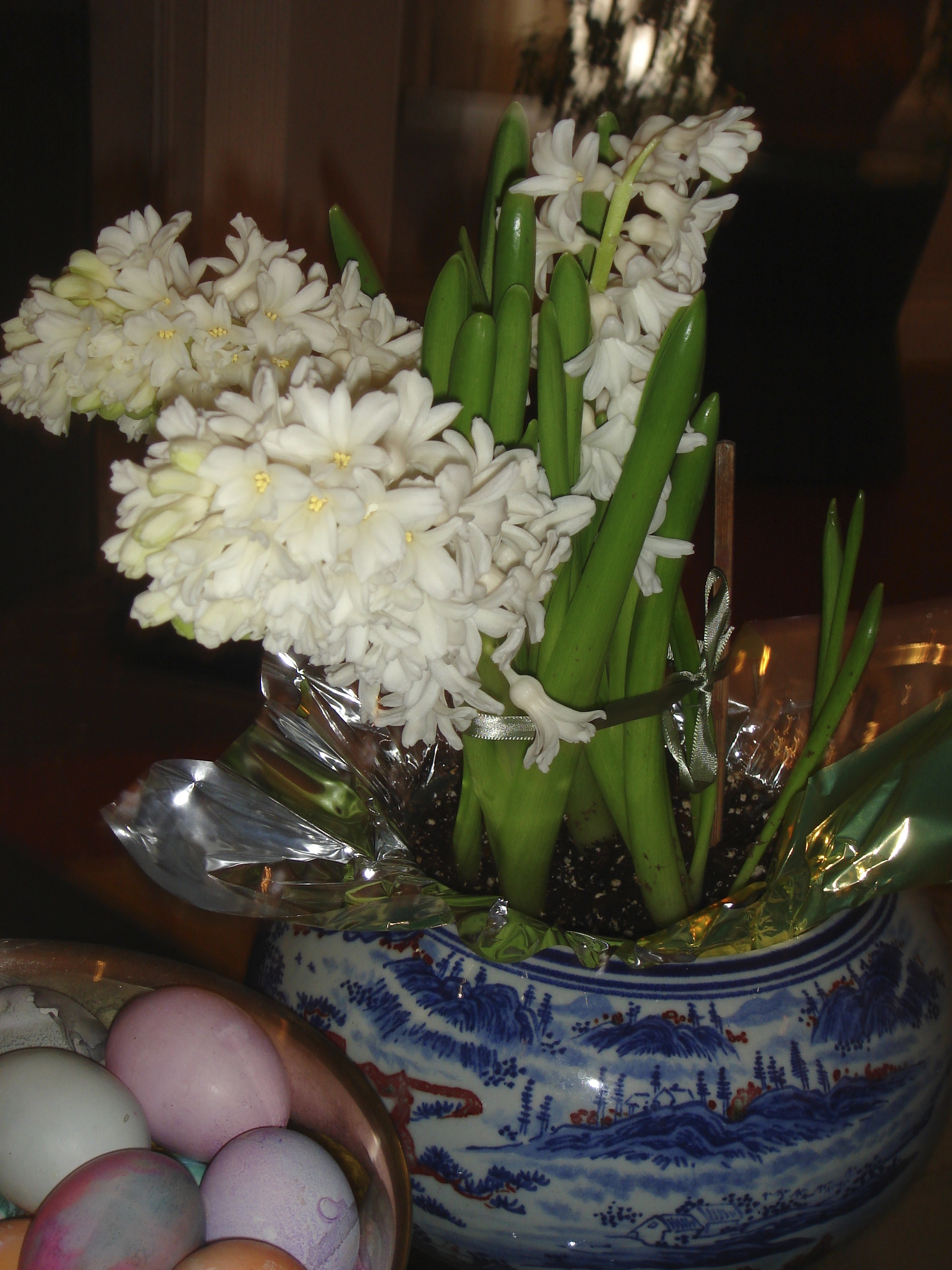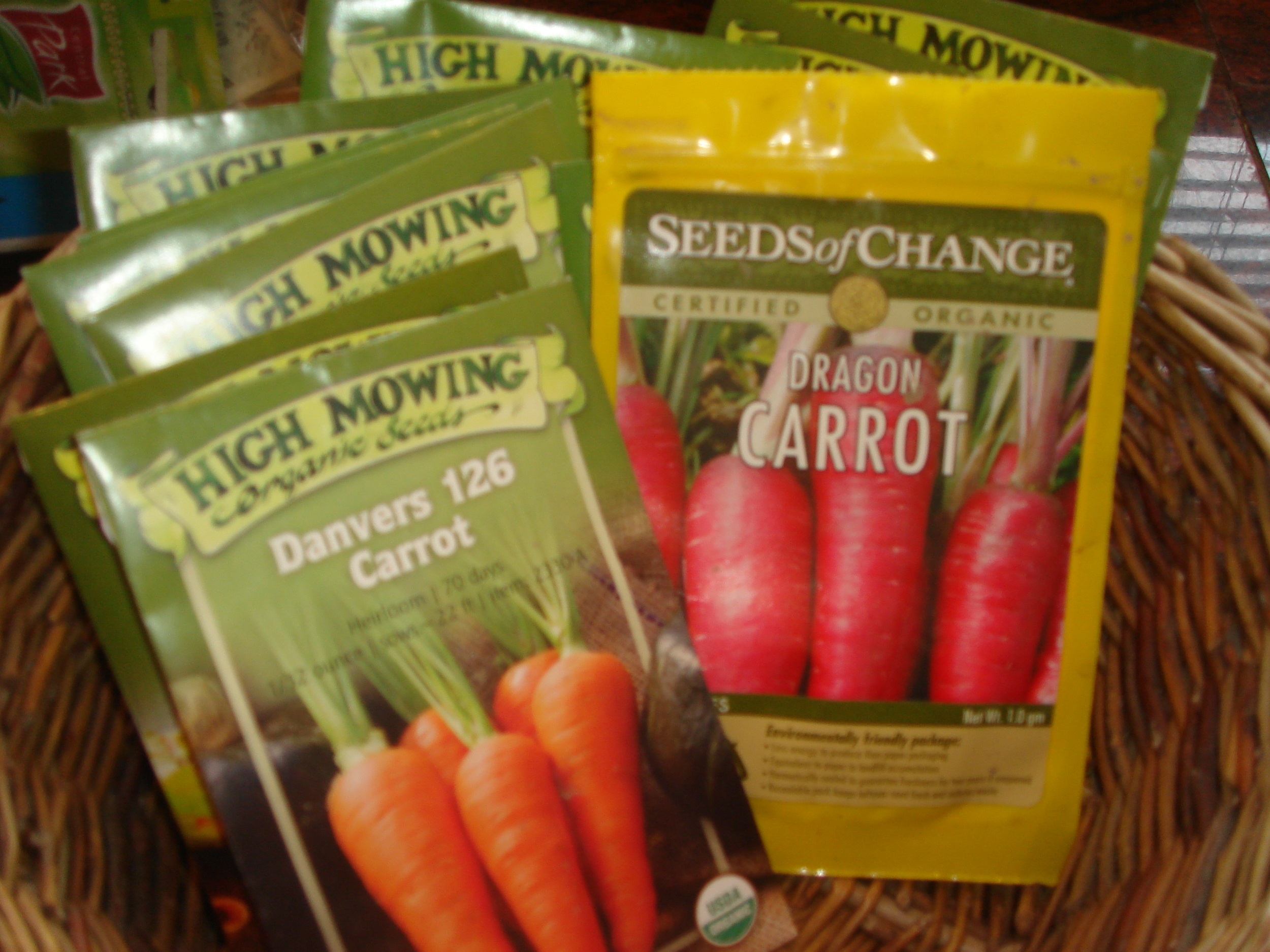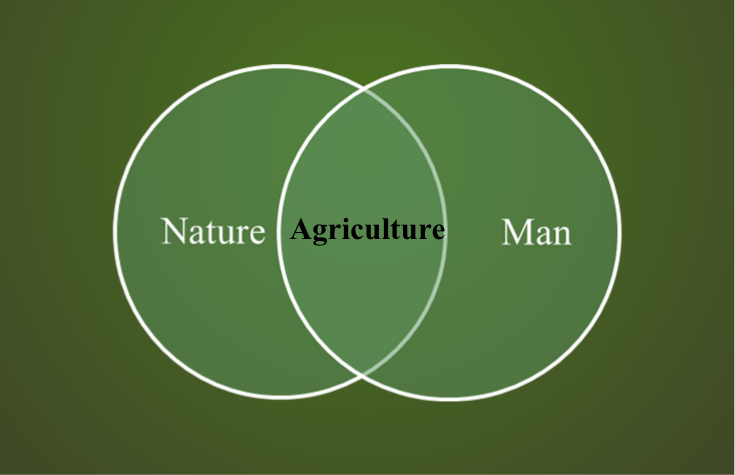If the Chinese are back peddling on shark fin soup, so ubiquitous at all festive banquets of the past, there is hope for changes in our attitude about a lot of other things as well. I am thinking of idling stances on such pressing issues as climate change, pollution, animal welfare, GMOs, child prostitution, and many other ugly realities. It seems to me that ultimately our collective indecisiveness on these issues boils down to the hesitance of wrestling ourselves away from the profit-first model. If we only realized that the wellbeing-first model benefits us all around. Bonnie Tsui wrote this week-end in the NY Times about the changing attitude of the Chinese on serving shark fin soup at important banquets, previously a sign of "honoring (and impressing) your guest." I was served shark fin soup at several banquets in my company's honor in the late 1980s when we lived in Hong Kong, and was oblivious of the gruesome practice (which I can't bear to describe here, but you can look it up). Because it has been such an inherent component of Chinese food culture I was really quite amazed to read that "last summer, the Chinese government announced that it would stop serving the dish at official state banquets."
Here's to change for the better, change towards wellbeing, change towards respect of nature and all living beings.


